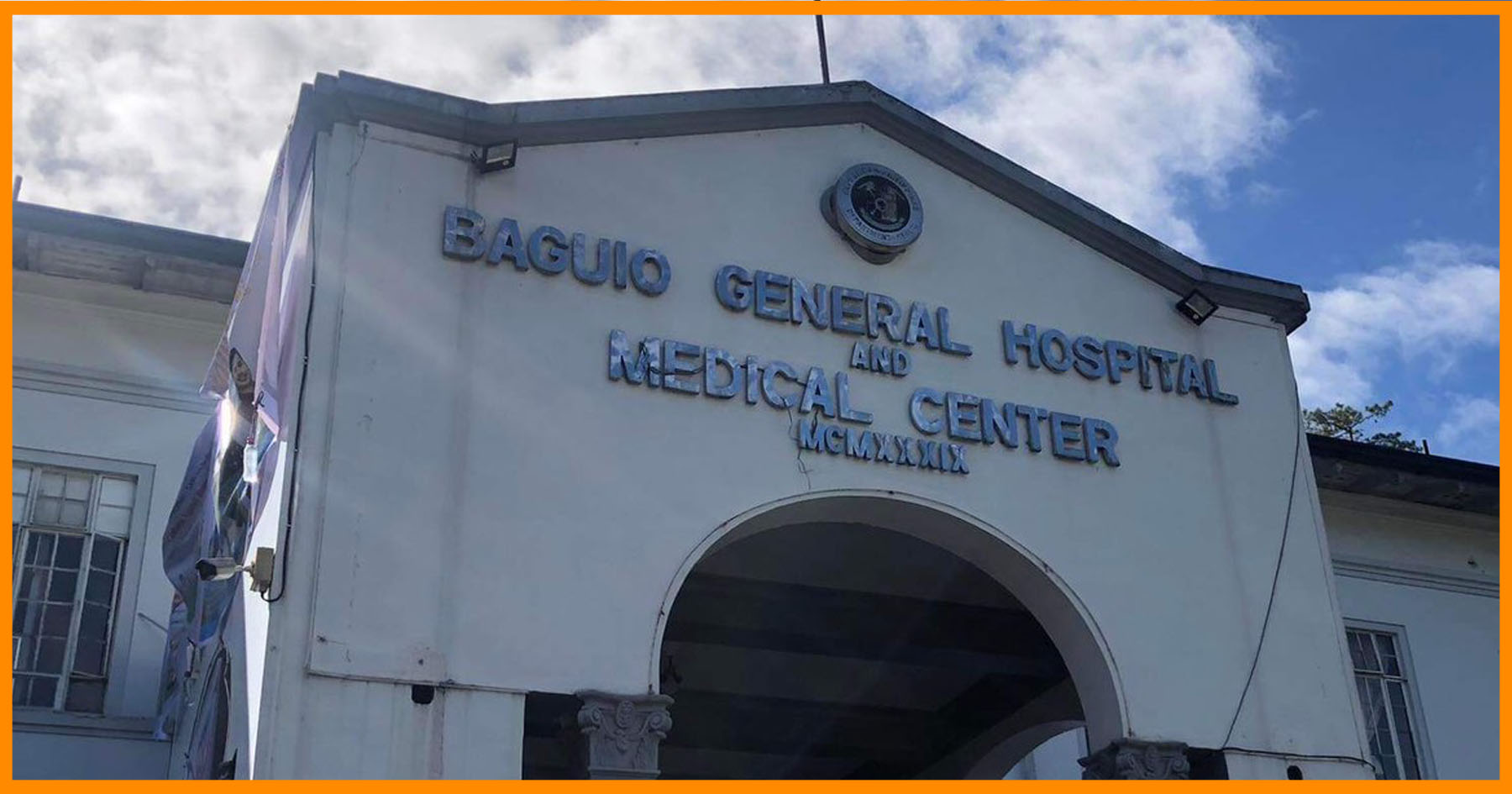RIZAL, Kalinga – Thirty (30) members of the Liwan East Farmers Association completed the season-long trainings under the Climate Resilient Field School (CRFS) on Rice and Livestock production as evidenced by the recently concluded graduation ceremony held at the Research Outreach Station, Rizal last November 29.
Hon. Karl Bugao Baac, Mayor, represented by Patrocinio Telan from the Municipal Agriculturist Office, congratulated the completers and assured his continuous support to all the DA-RFO-CAR initiatives in uplifting the agricultural sector in the municipality.
This CRFS on rice was launched last July while training on livestock started last August, both by the DA-RFO-CAR once a week, alternately. “What I learned in the livestock trainings is how to take care of sow. After the show gave birth, we should consequently remove the needle teeth of piglets to avoid hurting the sow during suckling of colostrum,” Jesus Samson Jr, one of the graduates mentioned during the impression.
Baldwin Clemente expressed his utmost appreciation to the technical personnel of DA-RFO-CAR for the introduced Masaganang 150 and Masaganang 200 which could help enhance the yield of their rice farms. “As one of your facilitator and speaker from the very start, I am happy to see that what we have discussed during our lectures and trainings were taken seriously and learnings were retained which is manifested in the results of your post-test against the pre-test,” Manelyn Odias, agriculturist from the rice program stated as a response to the graduates’ impressions.
Additionally, agriculturist Crisante K. Rosario, representative of the SPCS, lauded the dedication of the organization members in completing the season-long trainings and encouraged them to continuously adopt the learned practices and to further their learnings in managing and producing the rice and swine commodities through various trainings.
As a background, CRFS is among the efforts of the DA-RFO-CAR’s AMIA program to address the impacts of the challenges brought about by climate change, particularly, in terms of building the capacity of both farmers, and agricultural technicians or extension workers. This intervention aims to equip farmers with the knowledge, skills, and competency to address the consequences of these agricultural challenges.
The training on livestock started from the status of livestock production in the province and value orientation, selection of breeders and breeding, housing and waste management, herd management, health management, feeding and nutrition, organic agriculture technologies, the Animal Welfare Act. Culling and sourcing, waste management, return on investment, livestock insurance, and record-keeping other topics on gender and development, global warming and climate change.
CRFS on rice focused on palay check 1-9, planning for PTD studies, ICT tool: RCM and Moet, Soil conservation, nutrient cycling, water resource management, Integrated rice-based farming system, discussion on AESA, top dressing, farmer as an entrepreneur, organic agriculture technologies, understanding marketing and markets, market survey, special topics on vegetable production, vermicomposting, mushroom production, and climate change adaptation.
The event was attended by representatives and lecturers from municipal government, Kalinga PVET, PAG-ASA, and DA-RFO-CAR personnel. By DA-AMIA Cordillera
















